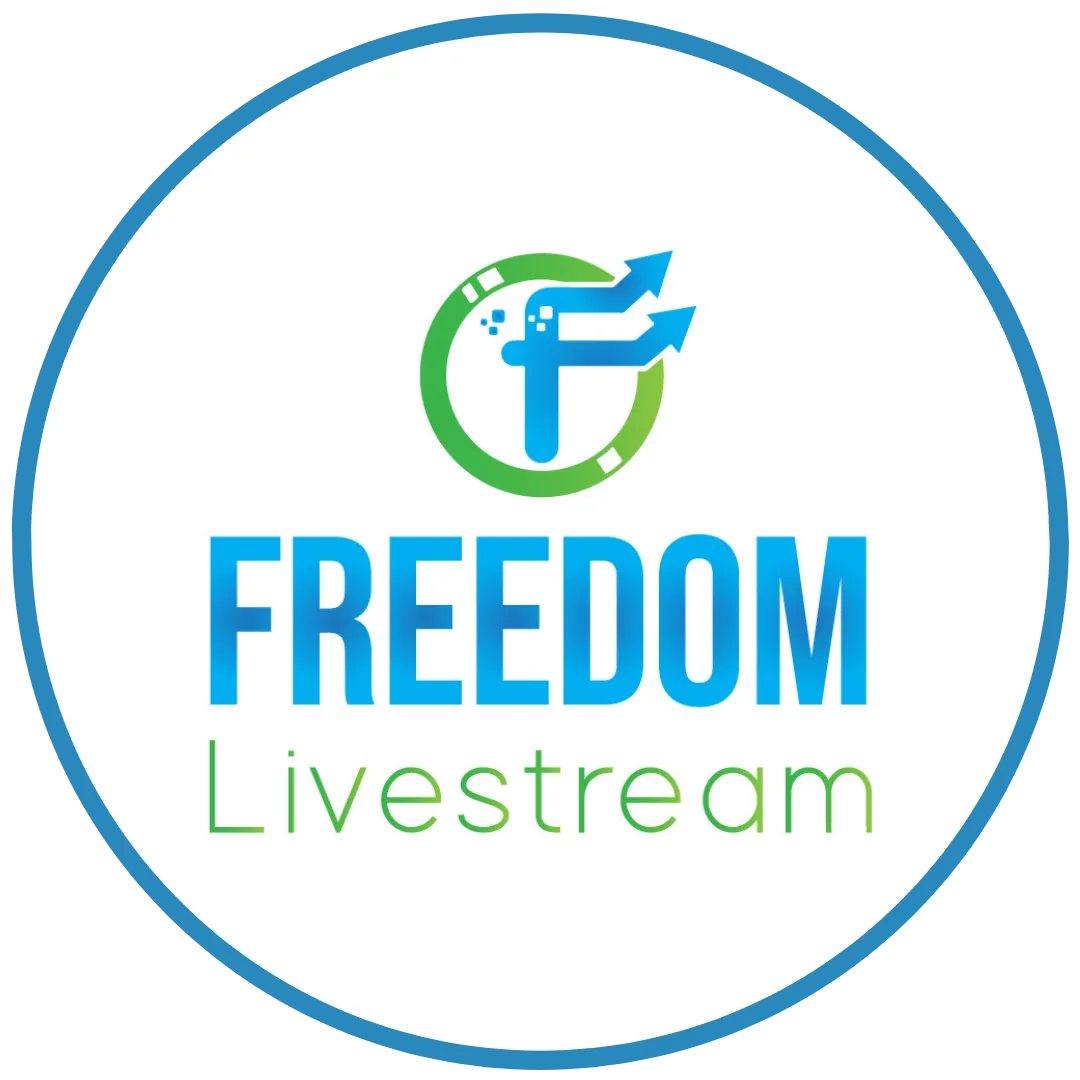FREEDOM LIVESTREAMS WILL TRANSFORM YOUR LIFE
Freedom Livestreams is an all-encompassing Bible Based Academy, offering comprehensive education in forex trading, stocks, crypto, Bible, real estate, credit repair, and wholistic personal growth.


FREEDOM LIVESTREAMS WILL TRANSFORM YOUR LIFE
Freedom Livestreams is an all-ecompassing academy, offering comprehensive education in forex trading, stocks, real estate, credit repair, and personal growth.
Worlds Only Always Free Trading offers a groundbreaking trading platform for easy, anytime, anywhere trading.
Our Platform Provides Access to a Wide Range of Financial Markets, Including:
Worlds Only Always Free Trading offers a groundbreaking trading platform for easy, anytime, anywhere trading.
Our Platform Provides Access to a Wide Range of Financial Markets, Including:

STOCKS

CRYPTO

AI BOTS

FOREX

REAL ESTATE INVESTING

CREDIT REPAIR

TRADING IDEAS

BUSINESS FINANCING
TRADING
ROADMAP

Trading Strategies

TRADING PLAN

NETWORKING AND COLLABORATIONS

RISK MANAGEMENT STRATEGIES
ADDITIONAL
COURSES

PERSONAL LOANS

TRADING PLAN

NETWORKING AND COLLABORATIONS

RISK MANAGEMENT STRATEGIES

Freedom Livestreams Will Transform Your Life
Whether you're a beginner seeking fundamental knowledge or an experienced individual aiming to refine your skills, Freedom Livestreams aims to be a guide on your journey to financial literacy and self-improvement.
Our Experts Share

Valuable Insights

Tips

Strategies

How to Master Forex: A Beginner's Guide to Currency Trading Success

Navigating Trading Academies: A Comprehensive Guide to Learning and Earning
Navigating Trading Academies: A Comprehensive Guide to Learning
Disclaimer: Educational Use Only
The information provided by Freedom Livestreams Academy is for general educational and informational purposes only. All content, including market knowledge, trading concepts, and strategies, is intended to help you develop financial literacy and should not be construed as, or relied upon as, financial, investment, legal, tax, or accounting advice.
Brokerage Disclaimer
Freedom Livestreams Academy is an educational organization only.
We do not provide brokerage services, recommend specific brokers, or offer personalized financial, legal, or investment advice related to broker selection, account setup, deposits, withdrawals, or trade execution.
Any information provided on this website, in our courses, livestreams, or communications is strictly for educational and informational purposes.
All decisions regarding broker choice, account management, and trading activity are solely the responsibility of the user.
Freedom Livestreams Academy is not liable for any losses, issues, or disputes arising from your use of any broker, trading platform, or third-party service.
By using our website or enrolling in our programs, you acknowledge and agree to this disclaimer.

Freedom Livestreams Will Transform Your Life
Whether you're a beginner seeking fundamental knowledge or an experienced individual aiming to refine your skills, Freedom Livestreams aims to be a guide on your journey to financial literacy and self-improvement.
Our Experts Share

Valuable Insights

Tips

Strategies
Copyright © 2023 Freedom LiveStream All rights reserved.
Copyright © 2023 Freedom LiveStream All rights reserved.


